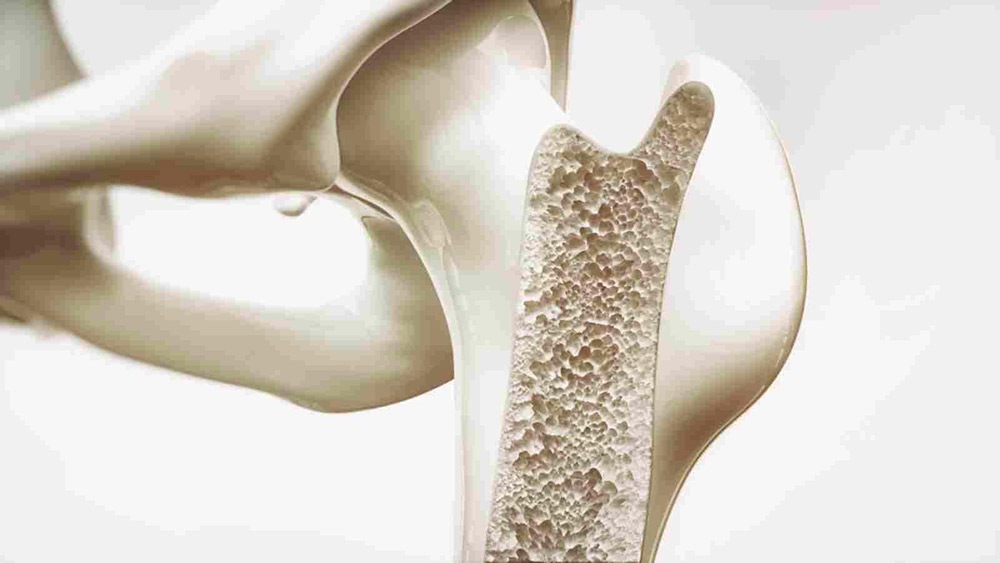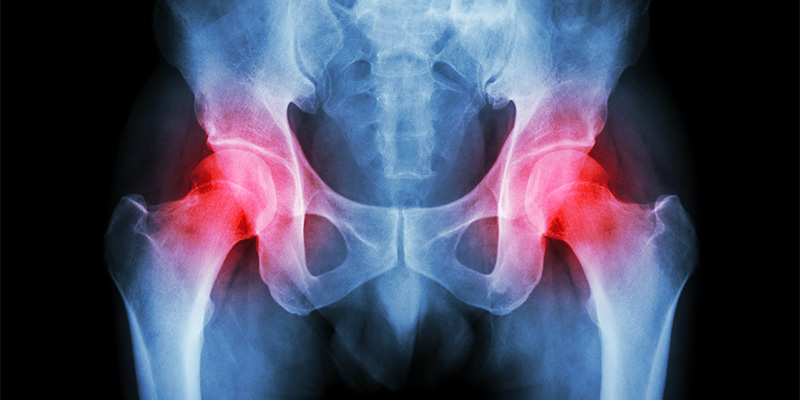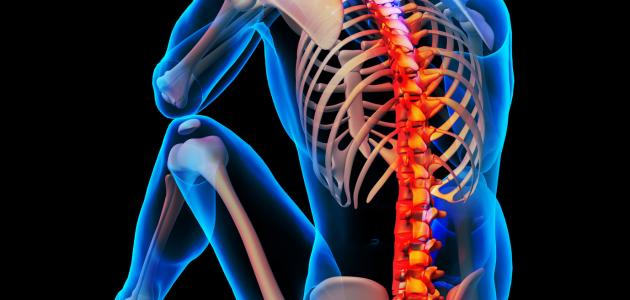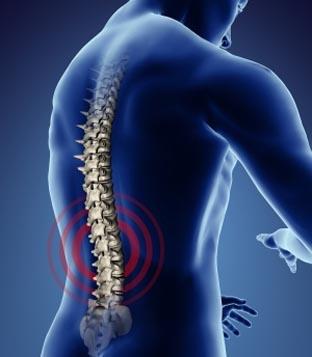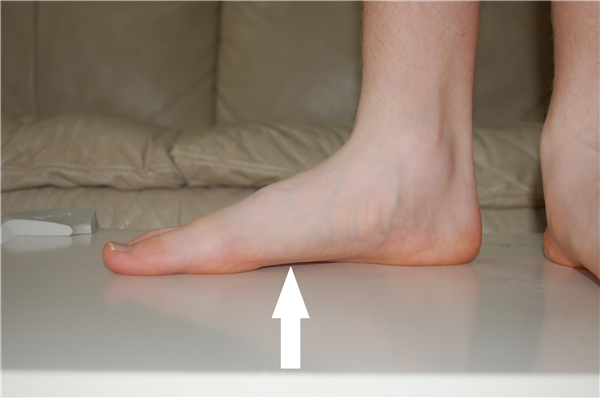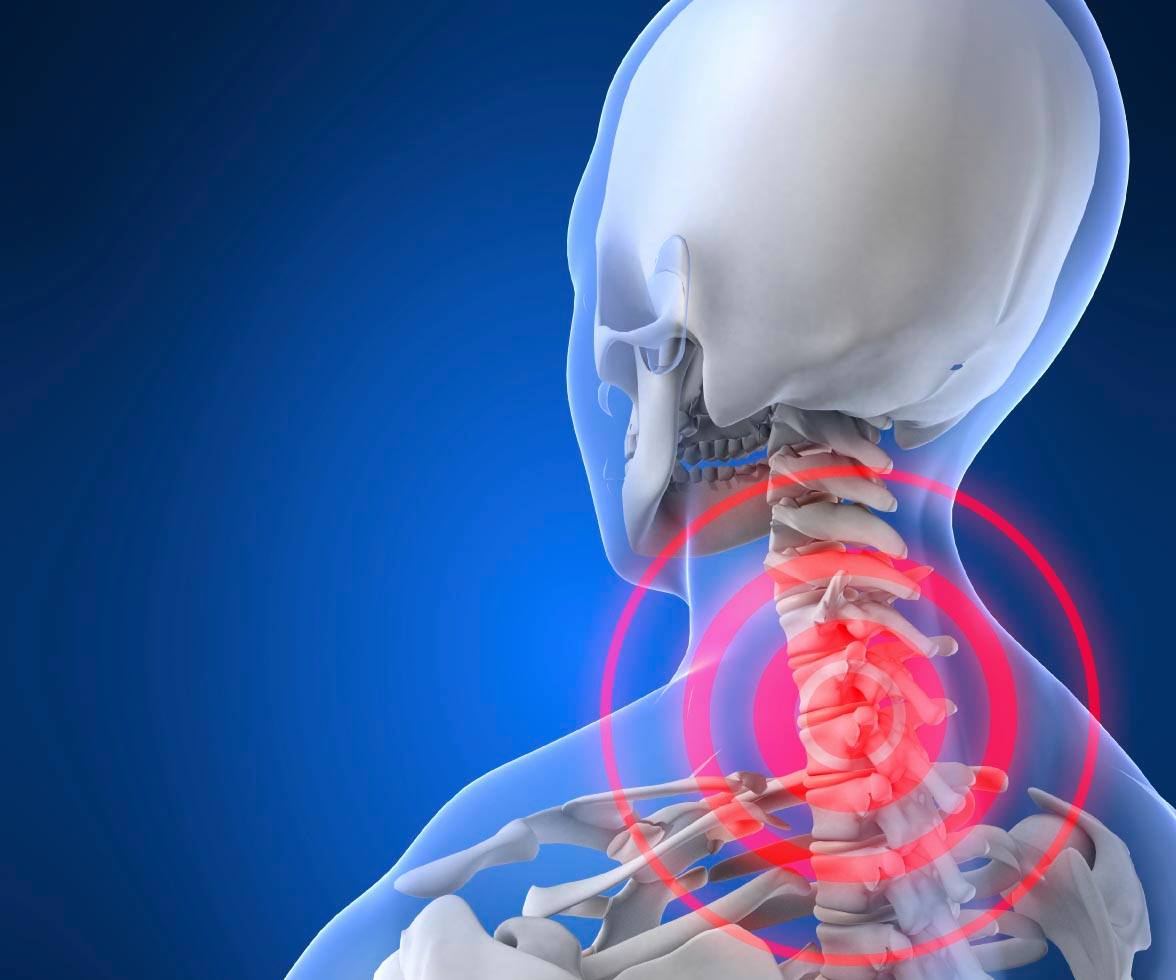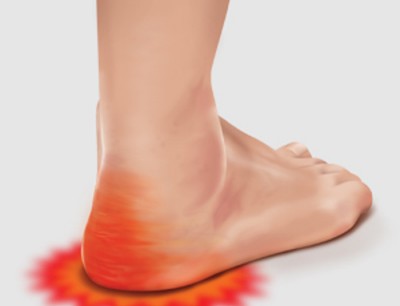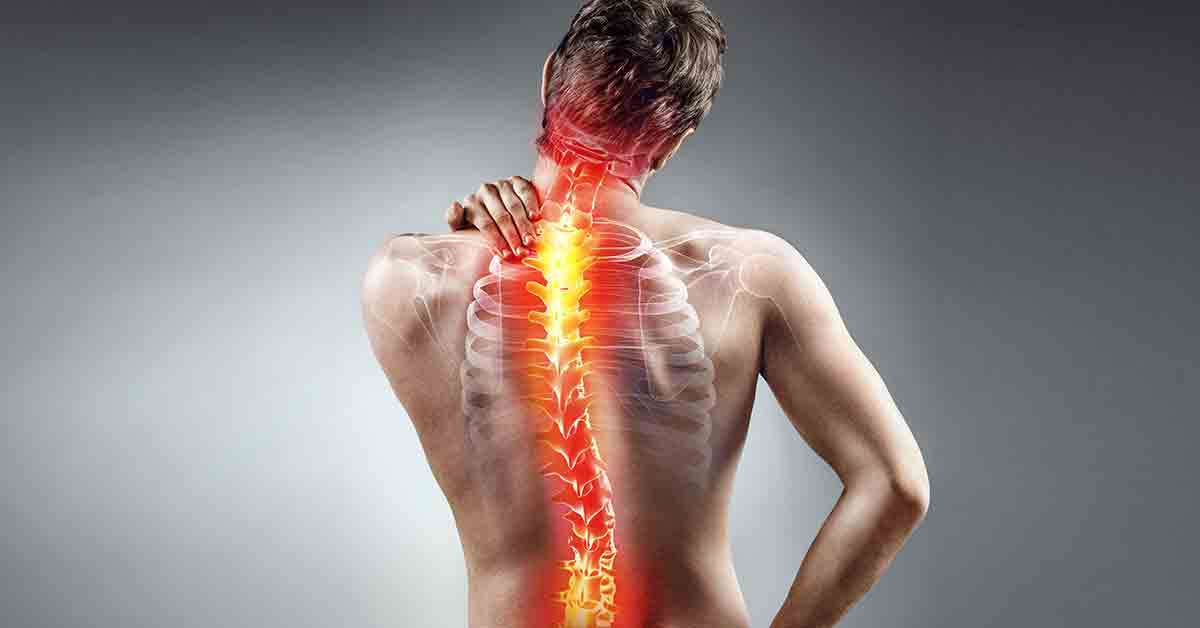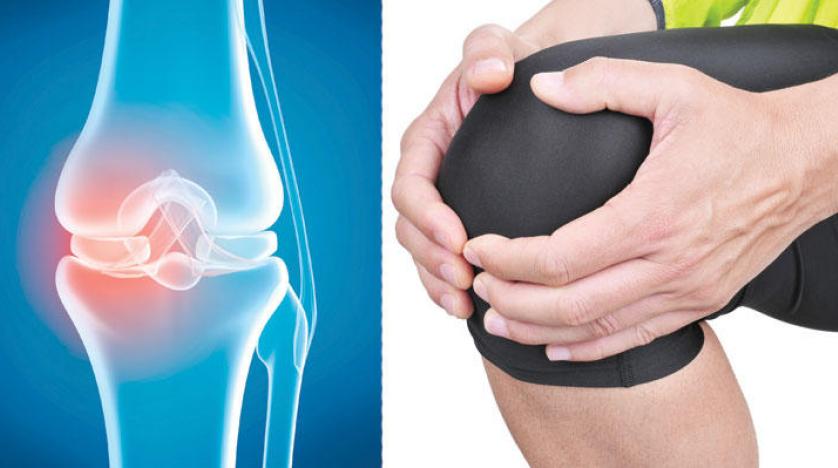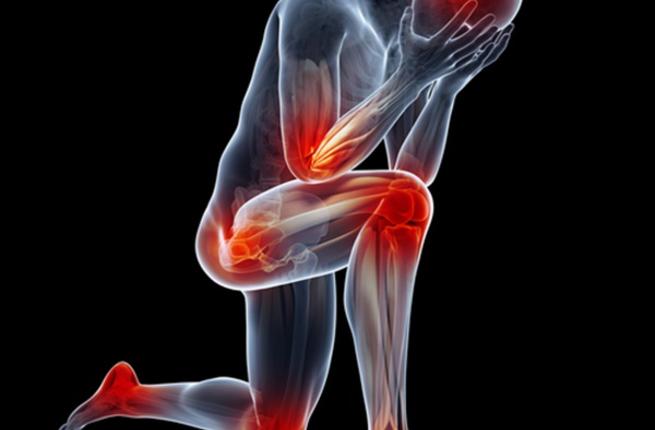What are the causes of muscle and nerve pain? How can you differentiate between them?
Causes of Muscle and Nerve Pain
Everything you need to know about the causes of muscle and nerve pain.
Muscle and nerve pain are common health issues that many people experience. They can cause discomfort and reduce the ability to perform daily activities properly. Therefore, identifying potential causes for these pains is crucial for accurate diagnosis and appropriate treatment. In this article, we will look at some of the possible causes of muscle and nerve pain.
Physical Stress: Physical stress is one of the significant potential causes of muscle and nerve pain. Intense and repetitive physical activities, including heavy lifting and strenuous exercise, can lead to muscle and nerve pain. Important tips to avoid such pains include warming up before physical activity and performing stretching exercises afterward.
Muscle Inflammation: Muscle inflammation is a well-known cause of muscle pain. It can occur due to physical injuries, such as accidents or overexertion during sports, or as a result of viral or bacterial infections. Common symptoms of muscle inflammation include fever, swelling, and localized pain, which worsens during movement.
Neurological Disorders: Some neurological disorders can be the reason for muscle and nerve pain. Problems like neuropathy, herniated discs, or sciatic nerve inflammation can cause acute and episodic muscle and nerve pain. It is essential to consult a specialized doctor for a proper diagnosis and the development of an appropriate treatment plan.
Symptoms of Rheumatic Diseases: Some rheumatic diseases are a common source of muscle and nerve pain. Conditions like arthritis, lupus, and scleroderma can lead to muscle pain because the immune system mistakenly attacks the body’s tissues. Patients with these diseases should seek guidance from specialized doctors to receive an appropriate treatment plan.
Long-Term Medications: Taking certain long-term medications can be a cause of muscle and nerve pain, such as statins used to treat high cholesterol levels. It is important to monitor symptoms and discuss any pain arising from medication use with the treating physician.
In conclusion, it is emphasized that consulting a doctor is essential when experiencing continuous or severe muscle and nerve pain. Treatment can be prescribed based on the patient’s condition and symptoms to ensure effective health improvement.
How to Distinguish Between Nerve and Muscle Pain?
Nerve and muscle pain can be bothersome and painful conditions that many people experience. Distinguishing between nerve pain and muscle pain can help guide proper treatment and improve daily comfort and quality of life. In this article, we will explore some signs that can assist in distinguishing nerve pain from muscle pain.
Type of Pain: Nerve Pain: It can be sharp and severe at times, with tingling or burning sensations or continuous discomfort. Muscle Pain: It may be aching, tearing, or cause a feeling of stiffness or tension.
Associated Symptoms: Nerve Pain: It often accompanies symptoms such as numbness, tingling, or a burning sensation in the affected area. Muscle Pain: It frequently comes with difficulty in movement or muscle cramps.
Pain Location: Nerve Pain: The pain may be concentrated along the affected nerve and radiate from one specific area to another. Muscle Pain: It typically involves a specific portion of the affected muscle.
Aggravation of Pain: Nerve Pain: Nerve pain often worsens when moving or applying pressure to the affected area. Muscle Pain: Pain may increase when overloading the muscles or using them excessively.
Diagnostic Tests: Nerve Pain: It may require electrical tests such as nerve conduction analysis or nerve imaging to determine the affected nerves. Muscle Pain: Checking muscle enzyme levels or conducting radiological imaging may be necessary to identify muscle damage.
Appropriate Treatment: Nerve Pain: Nerve pain may require the use of pain relievers, physical therapy, or surgical intervention in some cases. Muscle Pain: Muscle pain can benefit from rest, non-aerobic exercises, physical therapy, and the use of muscle-relaxing creams.
It should be noted that there can be overlap between nerve and muscle pain, and some cases may require professional evaluation and precise diagnosis by specialized doctors. Consulting a specialized doctor to identify the cause of the pain and develop an appropriate treatment plan is of utmost importance.
It is important to remember that distinguishing between nerve and muscle pain can be challenging in some cases, and paying attention to body symptoms, noting any changes in pain, and seeking medical care when needed are crucial.
What Are the Symptoms of Muscle Fatigue?
Many people may experience muscle fatigue, a condition characterized by a feeling of tiredness and strain in the muscles. Muscle fatigue can lead to pain, frustration, and anxiety. It is important to recognize the symptoms associated with this condition to deal with it appropriately. In this article, we will shed light on some common symptoms of muscle fatigue.
Muscle Pain: One common symptom of muscle fatigue is experiencing pain in the muscles. This pain can be sharp or continuous and may be localized to a specific part of the body or spread throughout all the muscles. Pain may worsen with movement or physical activity.
Fatigue and Exhaustion: Fatigue and exhaustion are common symptoms of muscle fatigue. The affected person may feel extreme tiredness and difficulty in performing daily activities due to muscle fatigue. Rest and relaxation may be needed to regain energy.
Feeling of Cramps and Tightness: Some individuals may experience muscle cramps as their muscles become fatigued. Muscles may become tense and rigid, causing difficulty in movement and performing daily activities. The person may also feel a sense of tightness and discomfort in the strained muscles.
Muscle Weakness: Muscle fatigue can result in muscle weakness and difficulty in executing regular movements. Individuals may struggle with simple tasks like lifting heavy objects or climbing stairs. Muscle weakness is one of the accompanying signs of muscle fatigue.
Joint Pain: Muscle fatigue can also have an impact on the joints. The person may experience joint pain due to the tension and fatigue in the surrounding muscles. This pain can be temporary and may subside with rest and relaxation.
Note that the above-mentioned symptoms are common signs of muscle fatigue and may indicate a temporary and non-serious condition. However, if these symptoms persist and cause difficulty in performing daily activities, it is advisable to visit a doctor for consultation and proper diagnosis.
To alleviate the symptoms of muscle fatigue, some simple measures can be followed, such as relaxation and applying warm compresses to relieve tension and pain. Light physical exercises can also be practiced to strengthen the muscles and improve overall body condition.
In conclusion, muscle fatigue can be exhausting and painful for many individuals. Knowing the symptoms associated with this condition can help manage it better. If the symptoms are persistent or troublesome, consulting a doctor for diagnosis and appropriate treatment is recommended.
What Is the Best Treatment for Nerves and Muscles?
Top 10 Treatments for Nerves and Muscles
Nerve and muscle problems are a common issue that affects many people worldwide. This can include pain, numbness, mobility issues, and can result from various factors like stress, injuries, and chronic conditions. To alleviate these symptoms, it is recommended to utilize treatments aimed at strengthening muscles and calming nerves. In this article, we will explore a variety of the best treatments for nerves and muscles:
- Exercise: Engaging in physical activity and exercises is fundamental for enhancing muscle and nerve health. It helps strengthen muscles, increases blood flow, improving circulation, and aids in healing from injuries and inflammation.
- Massage Therapy: Massage is considered one of the best ways to relieve tension and muscle tightness. It enhances blood circulation, facilitates muscle expansion and relaxation. You can benefit from professional massage sessions or use at-home massage tools to alleviate pain and enhance mobility.
- Rehabilitation Exercises: Rehabilitation therapy involves the guidance of skilled professionals who prescribe specific exercises to strengthen injured or damaged muscles. Continuing these exercises can lead to improved mobility and pain relief.
- Aquatic Rehabilitation Exercises: Aquatic rehabilitation exercises are effective treatments for muscle strengthening and reducing nerve pressure. The buoyancy of water reduces weight and eases joint movement, promoting recovery and overall well-being.
- Alternative Medicine: Alternative medicine approaches, such as herbal treatments and natural oils, are used to reduce pain and improve nerve and muscle condition. Consulting a healthcare practitioner is advisable before using any alternative therapy to ensure safety and suitability.
- Physical Therapy: Doctors may refer patients to physical therapy as part of their treatment. This may include specialized exercise sessions, massage techniques, stretching, balance, and coordination improvement. Physical therapy helps in pain relief and enhancing mobility.
- Assistive Devices: Assistive devices include specialized footwear, support devices, and protective gear. Utilizing these aids can help reduce stress on muscles and nerves, leading to improved mobility overall.
- Anti-Inflammatory Medications: In cases of nerve or muscle inflammation, doctors may recommend anti-inflammatory medications to alleviate pain and swelling. Consultation with a healthcare professional is crucial to ensure the correct dosage and safety.
- Rest and Relaxation: Rest and relaxation play a crucial role in reducing muscle and nerve pressure. Techniques such as deep breathing, yoga, and meditation are recommended for calming the mind, alleviating pain, and improving overall well-being.
- Proper Nutrition: Proper nutrition is a vital component of nerve and muscle treatment. Consuming foods rich in vitamins, minerals, and essential fatty acids contributes to overall health and aids in recovery.
In conclusion, nerve and muscle issues can be challenging and painful for many individuals. Recognizing the symptoms associated with these conditions can help in their management. If symptoms persist or are bothersome, consulting a healthcare provider for diagnosis and suitable treatment is recommended.
How Does Muscle Pain Occur?
Many people experience pain and stiffness in their muscles and fibrous tissues. Muscle pain is a common condition that can reduce the quality of life and daily functioning for those affected. In this article, we will explore the causes and symptoms of muscle pain and how to alleviate it.
Causes of Muscle Pain:
- Psychological Stress: Stress, anxiety, and depression can cause tension in the muscles, leading to muscle pain.
- Exercise: Engaging in physical activity can lead to muscle stretching, straining, or tearing, resulting in pain.
- Injuries: Muscle injuries can occur due to falls, accidents, or automobile accidents, causing severe muscle pain.
- Muscle Inflammation: Certain diseases associated with muscle inflammation can result in pain and muscle spasms.
- Muscle Spasms: Muscle spasms occur when a muscle contracts suddenly and forcefully, leading to sudden pain.
Symptoms of Muscle Pain:
- Muscle Tightness: Individuals with muscle pain experience tightness in the affected muscles, which may be constant or move within the painful area.
- Inflammation: The affected muscle may become inflamed, appearing swollen, red, and feeling warm to the touch.
- Loss of Muscle Strength: Muscle pain can lead to a loss of the ability to use the muscles at full strength due to pain and weakness.
How to Alleviate Muscle Pain:
- Rest: Treatment may simply involve absolute rest for the affected muscles, avoiding any activities that worsen the pain.
- Heat Application: Hot baths or warm compresses can be used to heat the muscles and relieve tension.
- Therapeutic Massage: Massage techniques can be employed to alleviate tension and muscle spasms in the affected muscles.
- Stretching Exercises: Stretching exercises may help improve muscle flexibility and alleviate tension and pain.
It is important to find the most suitable treatment for your individual needs. Consulting with doctors and specialists in this field is recommended to receive accurate guidance and effective treatment. Remember that the treatments mentioned above are just options, and it may be necessary to use a variety of them to achieve the best results.
How Do I Know if My Nerves Are Fatigued?
The health of your nerves is one of the most crucial aspects of overall health, as they play a vital role in transmitting nerve signals and controlling various bodily functions. However, nerves can be affected by diseases and issues that can lead to uncomfortable symptoms and impact daily life.
In this article, we will discuss some signs and symptoms that may indicate nerve fatigue. However, it is important to note that these symptoms may overlap with other conditions and, therefore, consulting a specialist doctor is necessary for an accurate diagnosis and appropriate treatment.
Symptoms of Nerve Fatigue:
- Tingling, Pins and Needles Sensation, and Pain: One common symptom of nerve fatigue is tingling, pins and needles sensation, and pain that can affect specific areas of the body. A person may experience tingling in the fingers or have difficulty using their hands effectively. The lower extremities may also feel tingling and heaviness.
- Muscle Weakness and Difficulty Controlling Movements: Weak nerves can result in a loss of muscle strength and difficulty in controlling movements. Individuals may have trouble with fine motor skills, such as fastening buttons or gripping objects firmly. They may also struggle with walking or standing for extended periods.
- Sensory Disturbances: Fatigued nerves can affect the senses, leading to sensory disturbances. A person may experience irritation or intense itching in certain areas due to sensory signal disruptions. They may also feel abnormal temperature changes in affected areas.
- Balance Issues and Dizziness: Nerve fatigue can impact the body’s overall balance. Individuals may have difficulty walking steadily and experience constant feelings of dizziness and instability.
- Changes in Mental State and Mood: Nerve fatigue can have an impact on mental and emotional health. Individuals may experience constant fatigue, increased psychological disorders such as anxiety and depression, and reduced daily activity and enjoyment of preferred activities.
Therefore, it is essential to pay attention to these symptoms and seek a specialist doctor’s advice if you suspect nerve fatigue. The doctor can evaluate the symptoms, request necessary tests such as X-rays or nerve tests for a more accurate diagnosis, and develop an appropriate treatment plan.
Does Nerve Inflammation Cause Muscle Pain?
Nerve inflammation is a medical condition that can lead to muscle weakness and often affects both sides of the body. When a person experiences this condition, it may be accompanied by difficulties in performing daily movements such as climbing stairs, getting up from a sitting position, lifting objects, and raising the hand above the head. Nerve inflammation can be common among adults in their thirties, forties, or fifties.
The causes of neuropathic muscle pain are diverse and may include:
- Genetic factors or genetic abnormalities.
- Exposure to environmental factors such as viruses, toxic substances, and others.
- Injury or the presence of inflammation or diseases that contribute to the condition.


